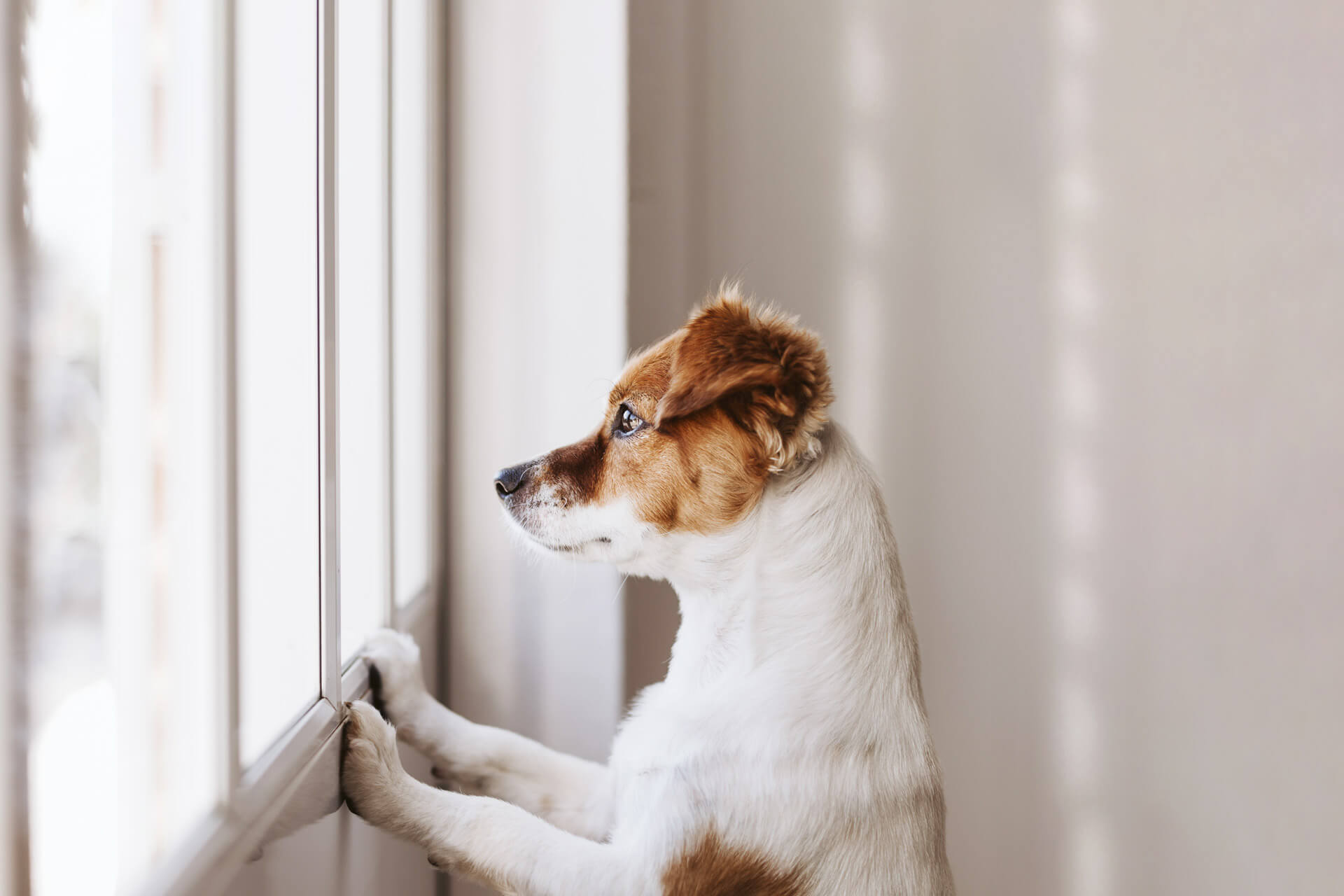
According to a new study, older dogs with lower quality of sleep may have dementia. Read to know more about the possibility.
Dementia in older dogs
A veterinary lab in North Carolina is analyzing the brain waves of dogs to judge their quality of sleep. 15-year-old basset hound mix Woofus is one of their candidates. Woofus is suffering from canine cognitive dysfunction syndrome (CCDS). This dog-specific disorder is very similar to Alzheimer’s in humans. The researchers are using electroencephalogram or EEG electrodes to analyze Woofus’ sleep quality. According to the pet’s owners, he struggles with getting enough rest at night. Several other sleep-deprived dogs are a part of the study.
“Just like humans with Alzheimer’s disease, dogs with CCDS experience sleep disruptions, such as insomnia and sleep fragmentation,” stated Dr. Natasha Olby. Dr. Olby is a professor of neurology, neurosurgery, and gerontology at North Carolina State College of Veterinary Medicine. “Owners of dogs with CCDS report their dogs suffer from difficulty sleeping at night, increased sleeping during the day or both, as well as pacing and vocalizations at night. This can be very hard on the dog’s owners. Not only are they worried for their pet, but their sleep is also significantly disrupted,” she added.
Doggie dementia is a worrisome situation for several senior dogs. According to research, by the age of 12, about 28 and 10 percent of dogs suffer from mild and severe cognitive impairment respectively. However, by the age of 15, this risk rises to about 68 percent for mild and 35 percent for severe cases. A recent study reveals that every additional year of age increases the risk of CCDS by 52 percent.
More on the study and how it will help
Dr. Olby and her team first studied senior dogs who are part of a study testing antiaging supplements. However, to measure a dog’s brain waves, they are using polysomnography, a type of electroencephalogram used for diagnosing sleep issues in humans. “It’s the gold standard method to examine what the brain does during sleep. We glue these electrodes on with a really great conductive glue that’s water soluble. Then we just wash it off afterward. We don’t use anywhere near as many electrodes as you see on people in a sleep lab, because dogs have far less cortex and surface area to cover,” explained Dr. Olby during the process of the study.
The research revealed that dogs suffering from a greater degree of dementia were spending less REM and deep sleep. This is similar to that in people. “Dogs that did worse on our memory tests had levels of REM sleep which were not as deep as they should be. We found the same when it came to deep sleep. There’s a possibility we might be able to identify an early signature of change on the EEG that can tell us, ‘Hey, things are starting to slide.’ Because with a chronic neurodegenerative process, of course, we’d love to be able to intervene sooner rather than later,” she explained.
